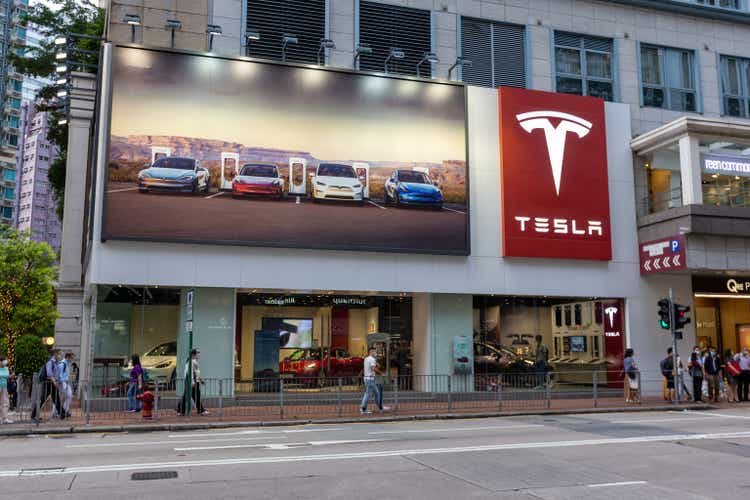A “messy decade for traditional automakers” is giving Tesla (NASDAQ:TSLA) the upper hand in production, delivery, and sales, said Gene Munster, managing partner at Deepwater Asset Management.
In a CNBC interview on Tuesday, he said that he is “judiciously” optimistic about Tesla (TSLA), given that traditional car makers are “in a really tight spot” right now.
“Not just because of what’s going on with the labor negotiations in the U.S., but more broadly around tech integration, around getting the software rights, batteries, and eventually autonomy, I think it’s going to be a messy decade for traditional auto,” he said.
For Tesla (TSLA), prices have been adjusted, and they showed a rebound in delivery from the March quarter. Munster said he doesn’t think they need to further lower their prices to get to $1.8M in productivity.
“This is quickly zeroing in on the Model 3 Highland upgrade,” he said. “It’s the first upgrade since the Model 3 came out. This is six years in the making. This is about 40% of their total sales in vehicle volume.”
This evidences high pent-up demand, he added. “Ultimately, I think they will exceed those numbers for the December quarter.”
Also, the highly anticipated Cybertruck, which could be released this year, could become its second highest volume vehicle, behind Model Y, with a massive backlog of 2 million.
“Putting it into perspective, the best-selling car in the U.S. is the Ford (F) F-150,” he said. “[It] sells about 500,000 in the US annually.”
But “it’s going to take a year for production to ramp up because it’s a difficult car to produce,” he added.
Production ramping back up, new launches in the pipeline — such as the updated Model Y in China, Model 3, and possibly the broad launch of the Cybertruck — plus expectations of exceeding the 2023 delivery target and third quarter delivery numbers being less relevant given other factory shutdowns, could give an opportunity window for Tesla to lead in sales for the next few years, Munster said, but “time will tell.”
“I think the way this is going to present itself is what happened to Ford (F) last year,” he said. “Originally they were going to lose $3B, and they’re going to lose now $4.5B in EVs.”








